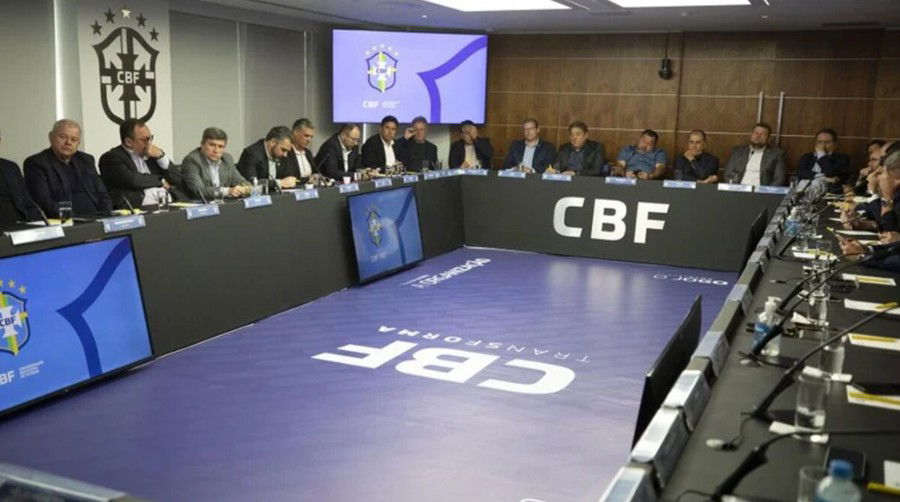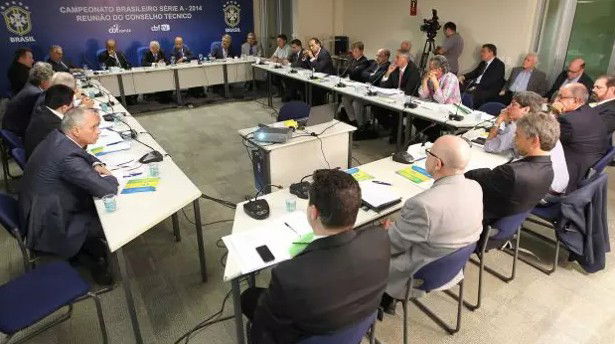In the world of football, where the passion of the stands meets millionaire figures, Financial Fair Play (FPF) emerges as a tool for balance. Implemented by UEFA, its objective is to guarantee the financial sustainability of clubs, preventing excessive spending from putting the competition and the stability of the sport at risk.
But how does this regulation affect the operation of clubs and the spectacle on the field?
Context and Objectives of Financial Fair Play
Origins and Motivation
The FPF was introduced in 2011 by UEFA in response to the growing debt of European clubs. Many were spending more than they earned, compromising their existence and competitive equity.

Main Objectives
- Ensure the financial sustainability of clubs;
- Reduce excessive debt levels;
- Stimulate responsible and sustainable investments;
- Prevent clubs with greater financial power from obtaining unfair advantages.
Financial Fair Play Rules and Parameters
Spending Limitation and Debt Control

Clubs must balance income and expenses, without spending more than they earn in a given period. Investments in infrastructure, youth teams and development are not included in the calculation.
Penalties
Clubs that fail to comply with the rules may face sanctions such as:
- Financial fines;
- Restrictions on player registration;
- Reduction of prizes in European competitions;
- Disqualification from UEFA tournaments.
Impact on Club Finances and Competitiveness
Benefits
- Greater financial stability;
- Transparency in club accounts;
- Reduction of bankruptcy risk.
Criticism and Controversies
- Favoring clubs with greater economic power;
- Difficulty for smaller clubs to compete on equal terms;
- Possibility of financial maneuvers to circumvent the rules.
Clubs Impacted by Financial Fair Play
Penalized Clubs
Manchester City: accused of inflating sponsorship revenues;
Paris Saint-Germain: monitored due to suspicions of irregularities in contracts;
AC Milan: excluded from European competitions for failing to comply with the rules.

Benefited Clubs
Bayern Munich: exemplary financial management model;
Atlético de Madrid: sustainable growth within the FPF rules.
Evolution and Reformulations of Financial Fair Play
Since its implementation, the FPF has undergone several reforms. In 2022, UEFA introduced the Financial Sustainability Regulation, gradually replacing the FPF.
The main changes were:
- Limitation on spending on salaries, transfers and commissions for agents, initially set at 90% of annual revenue, reducing to 70% over the years;
- Permission for a larger deficit (up to €60 million over three years) provided it is covered by capital injection from owners;
- Stricter criteria for sponsorships and commercial revenues to prevent accounting fraud.
Long-Term Effects on European Football
Greater Professionalization of Finance
Clubs have been forced to adopt more efficient and transparent financial management. Sustainable business models, such as those of Bayern Munich and Borussia Dortmund, have become a benchmark.
Transfer Market Growth
The FPF did not prevent the increase in values on the market, but encouraged alternatives such as Investment in the youth categories, Transfer installments and Strategic Loans and buyback clauses.
Impact on Small and Medium Clubs
The FPF ended up consolidating the disparity between rich and emerging clubs. While AC Milan was punished for debt, PSG and Manchester City found loopholes to continue investing.
State Clubs and the Challenge of Regulation
Clubs such as PSG (controlled by Qatar) and Manchester City (UAE) have circumvented the rules through questionable sponsorship deals. The takeover of Newcastle United by Saudi Arabia's Public Investment Fund has raised fresh questions about the fairness of the rules.

Reforms and Future Challenges
UEFA continues to refine its financial rules. Possible changes include:
- Greater control over sponsorships to avoid revenue manipulation;
- Regulation on the purchase of clubs by billionaires, avoiding cases like Chelsea, which spent more than €600 million in a transfer window;
- Balance between competitiveness and sustainability, allowing financial growth without harming the sport.
Impact on Brazilian Football and Conclusion
In Brazil, many clubs are facing financial difficulties. Adopting FPF principles could help avoid recurring crises and attract investment. However, it is essential to adapt the rules to local circumstances so that they do not become an obstacle to the development of clubs.
Financial Fair Play aims to ensure the economic sustainability of European football by promoting transparency and competitive balance. However, it still faces challenges in terms of its fair and effective implementation. The future of the regulation will depend on UEFA’s ability to adapt to the financial dynamics of global football without compromising its competitive essence.














— commentaires 0
, Réactions 1
Soyez le premier à commenter